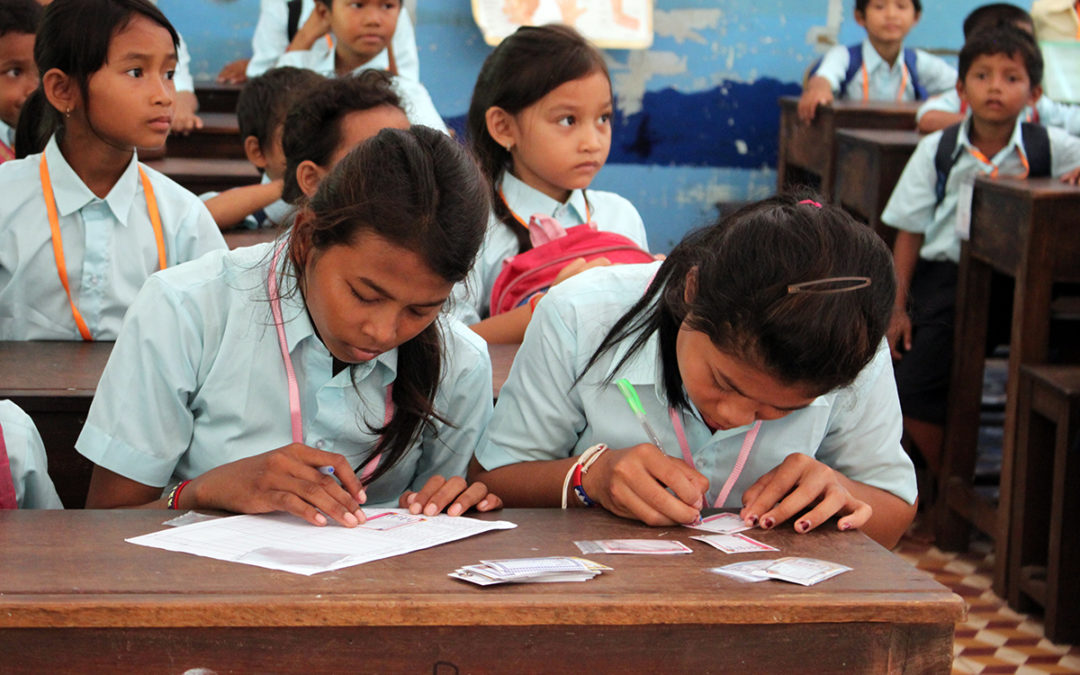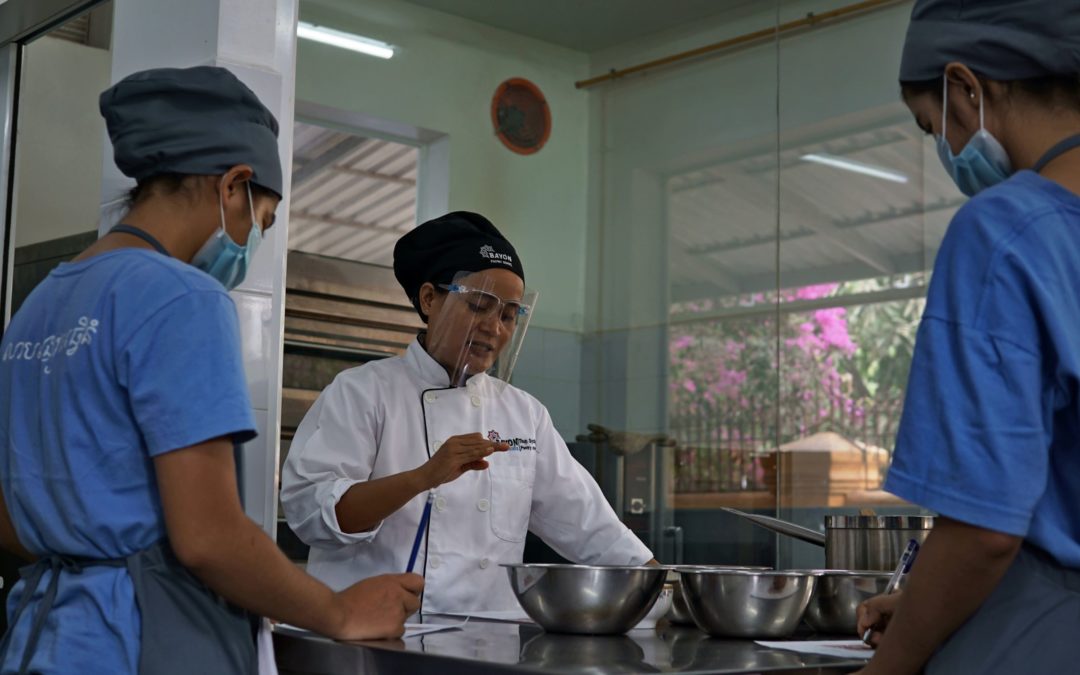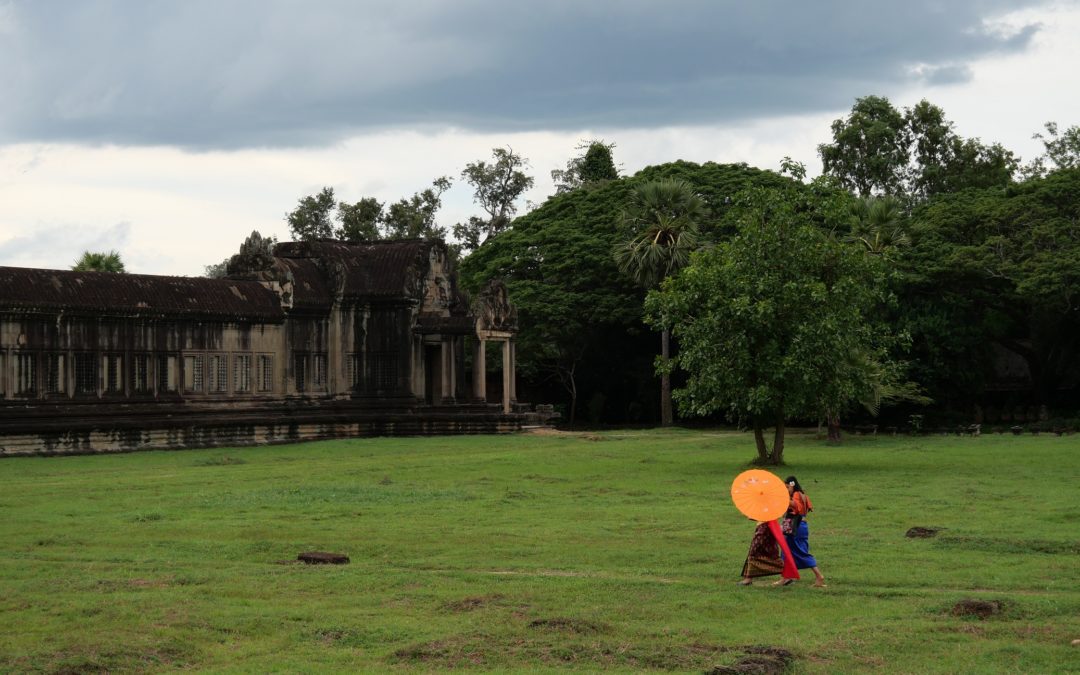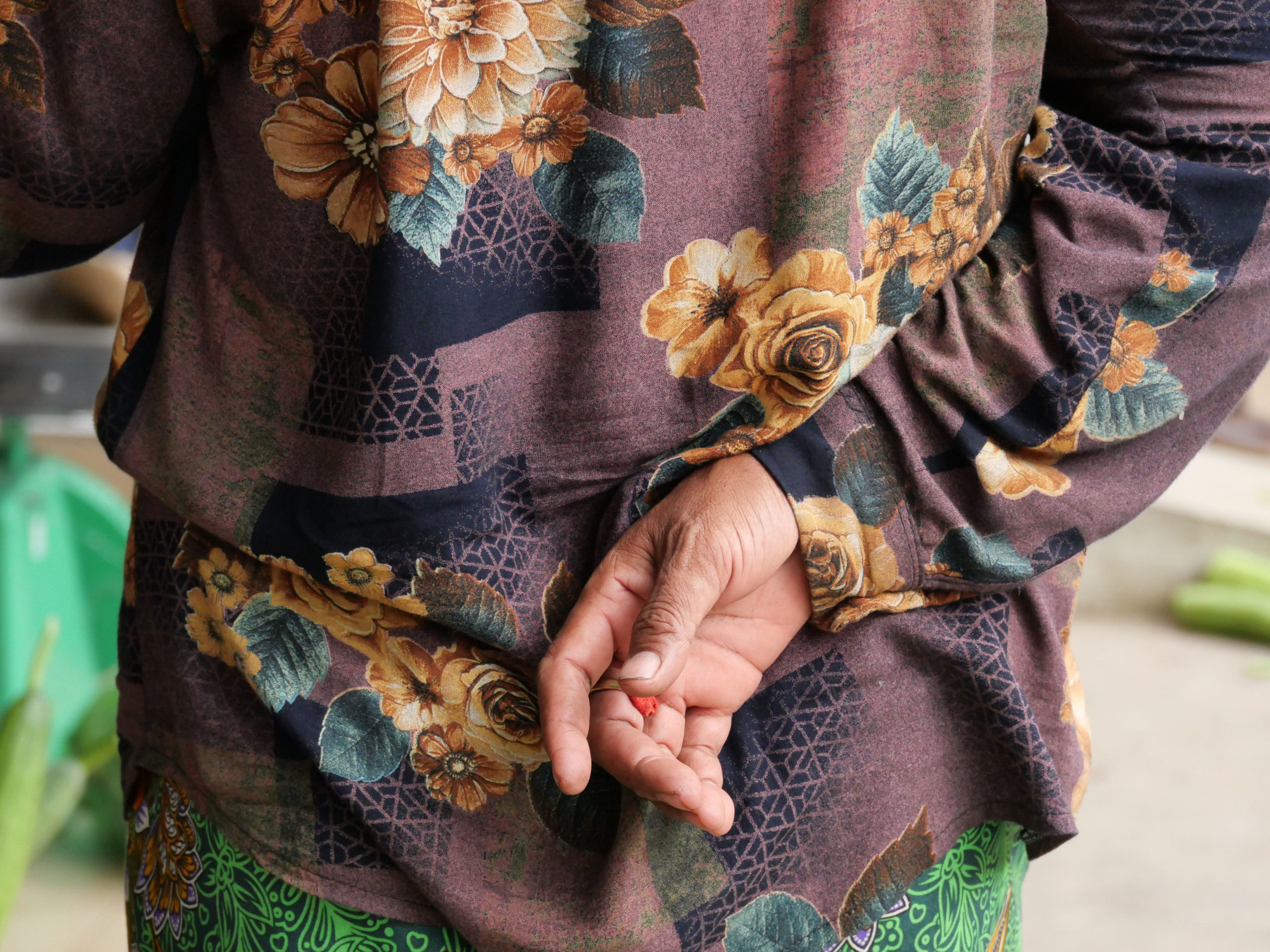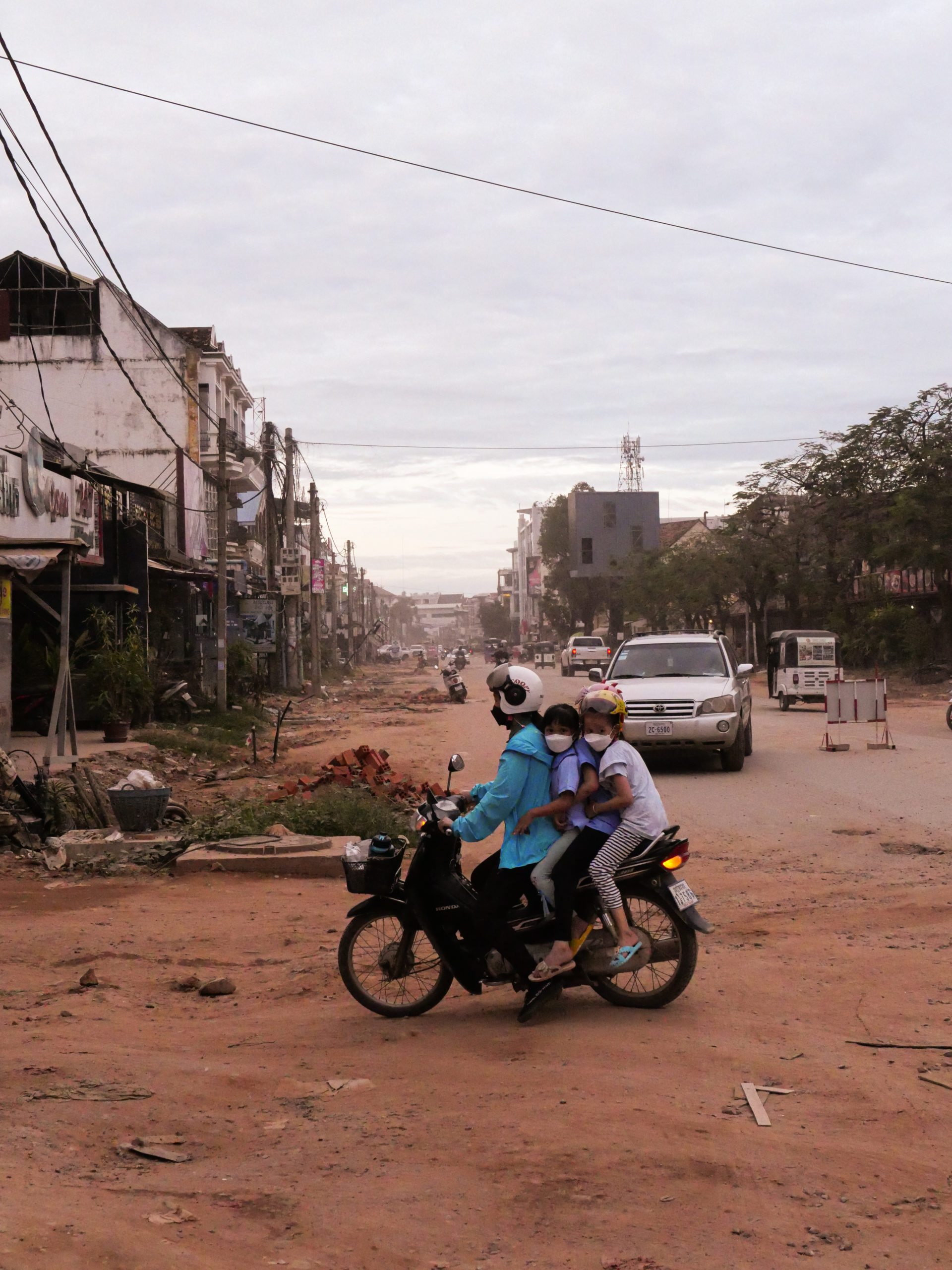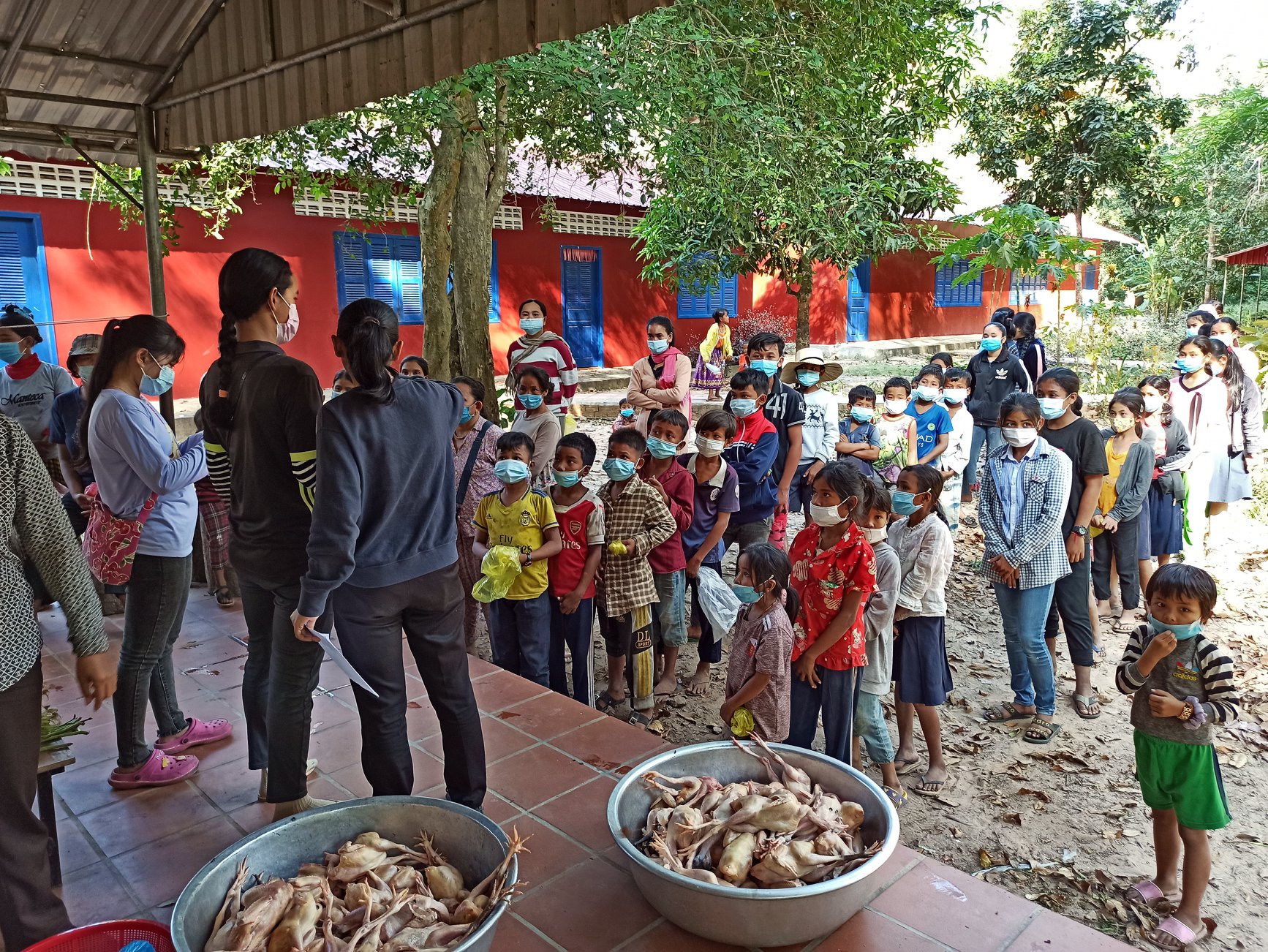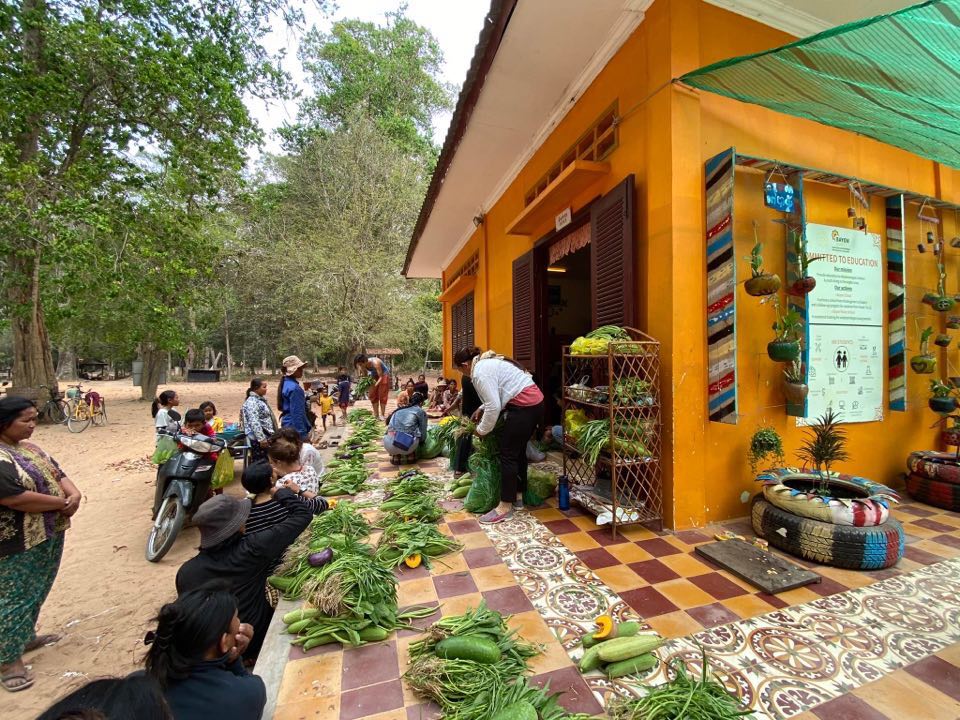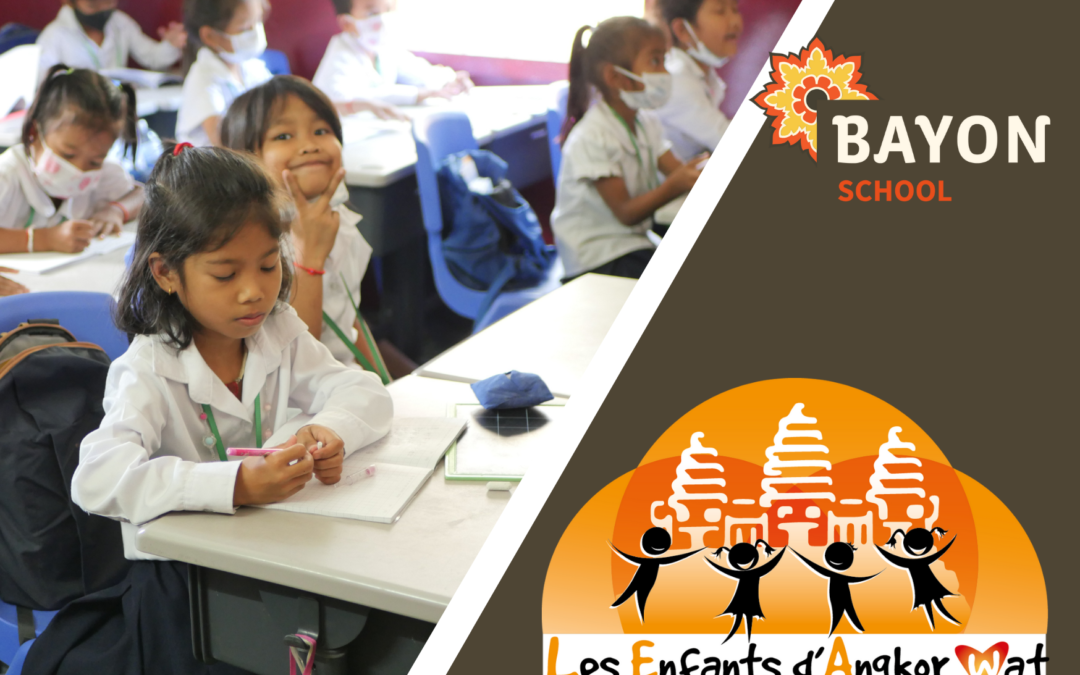
The association les Enfants d’Angkor Wat: What is its mission ?
Created in 2012 by Dominique Roussel, the association Les Enfants d’Angkor Wat supports Bayon Education & Development in Cambodia, allowing our organization and our local teams to develop several projects, mainly related to the issue of general education. Dominique explains to us what his mission is and the reasons for his commitment.
What is “Les Enfants d’Angkor Wat” ?
“Les Enfants d’Angkor Wat” is is a non-profit association (Law 1901), whose purpose is, thanks to its donors, to help the education, in the broadest sense of the term, of the poorest Cambodian children.
We are involved in the fields of education, health and professional training.
Our goal is to help these children, in often difficult family contexts, to gain permanent access to school, to build their future and to acquire the values that will be the foundation of their lives.

What are the guidelines of your comitment ?
Our actions are guided by 3 principles:
– School is a place of development …
Beyond the classical intellectual and cultural learning, we want school to be a place where the child discovers what he/she has the “possibility to be” … and not the “obligation to be” that the family misery can impose on him/her. They discover their rights and duties but also explore their own potential in order to make informed choices for their future.
– Health remains a major concern
Even if things are improving with time, health is an area where there is still work to be done. Nutrition remains precarious for many children and when it is chronically insufficient or unbalanced, it generates various pathologies affecting the child’s growth. In addition, diseases not detected at birth are sometimes identified later. We facilitate access to health care and provide financial support because health is still a luxury for the poorest.
– The future employability of children is a priority investment
Building the future of these children is our purpose.
In our projects we invest in key fields that are and will be discriminating in their future employment searches. Thus, computer science, English and ecology are major issues in the education of children, as they are omnipresent in daily life and are used as selection criteria in recruitments. So many training courses to which poverty would not give them access.
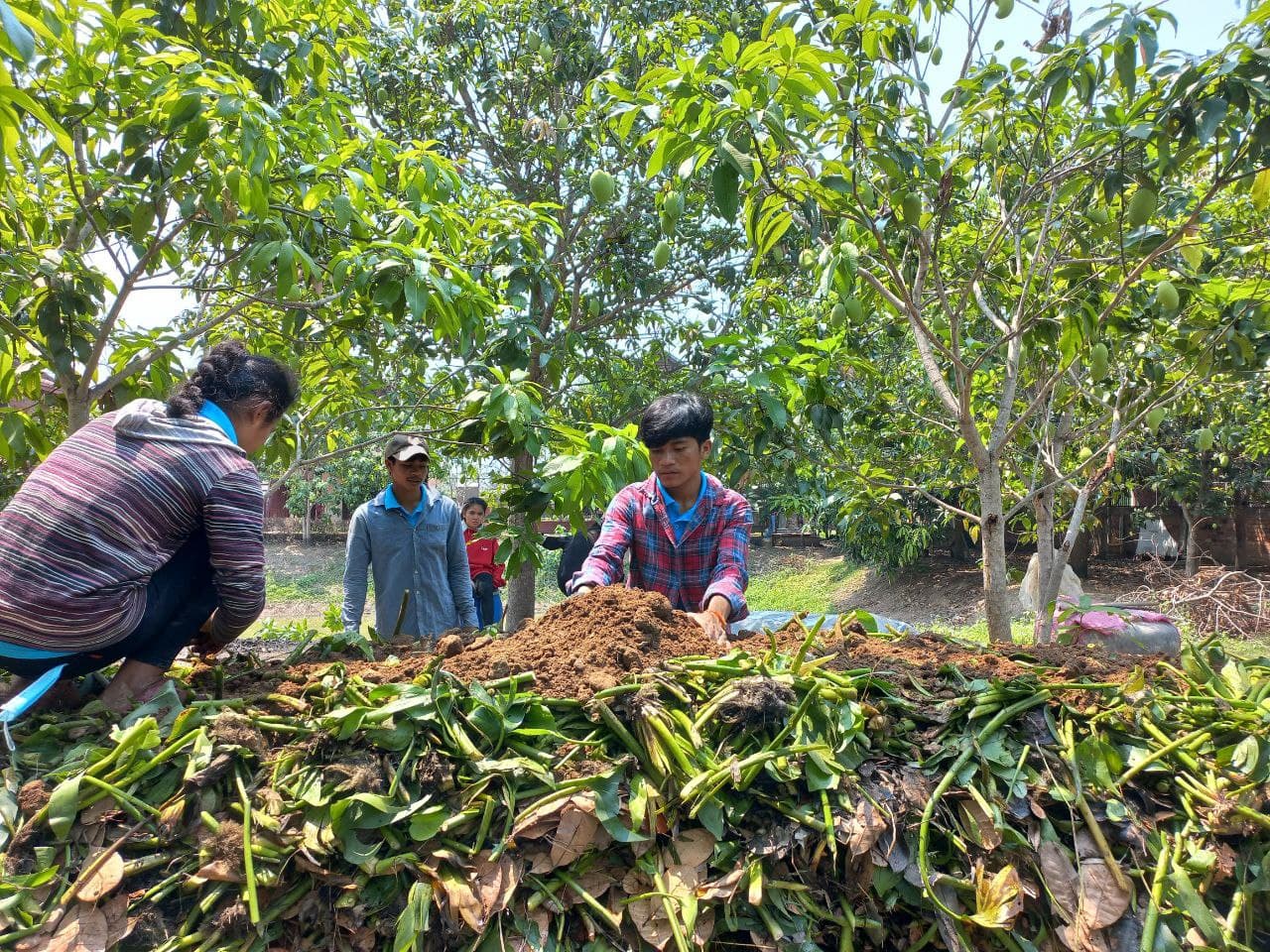
What need have you identified in Cambodia ?
We must not forget, in Asia, the power that parents have over their children throughout their lives. I think we need to communicate with them more and more, to explain what we do, the values that drive us and that we talk about to the students…
Otherwise, there is a great risk that two universes will operate in parallel, the family and the school, and that one will not be the relay for the other…
Thus, we have to be very inclusive with the parents: share the pedagogical project and involve them in the follow-up as much as they can, so that the school is not only a place where they don’t have to feed the children or look after them while they work. Cambodian social workers and volunteers are doing an extraordinary job in this sense. It is necessary to continue and to amplify this work in order to avoid further school dropouts because the child remains too often an adjustment variable of the family economy.
What projects are you investing in ?
Each age has its own specific needs, so we have decided to create and implement projects for each age group, from early childhood to professional training.
With Bayon Education & Development, a Cambodian NGO, with whom we have signed a partnership and who follows these projects locally, we run a kindergarten class for underprivileged children in the Angkor temple region, we invest in computer and English classes as well as dental care for primary school students. We have also created a hostel for young girls in middle and high school in the north of the country to prevent them from dropping out of school and we support various vocational training programs in the hotel industry, agro-ecology and pastry-making.

